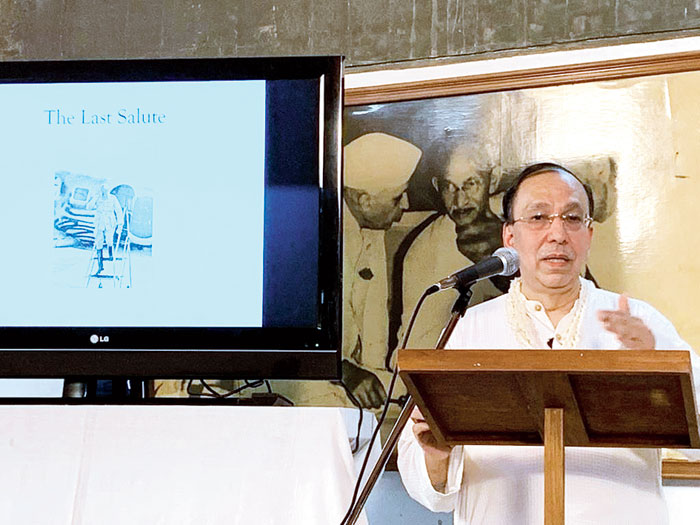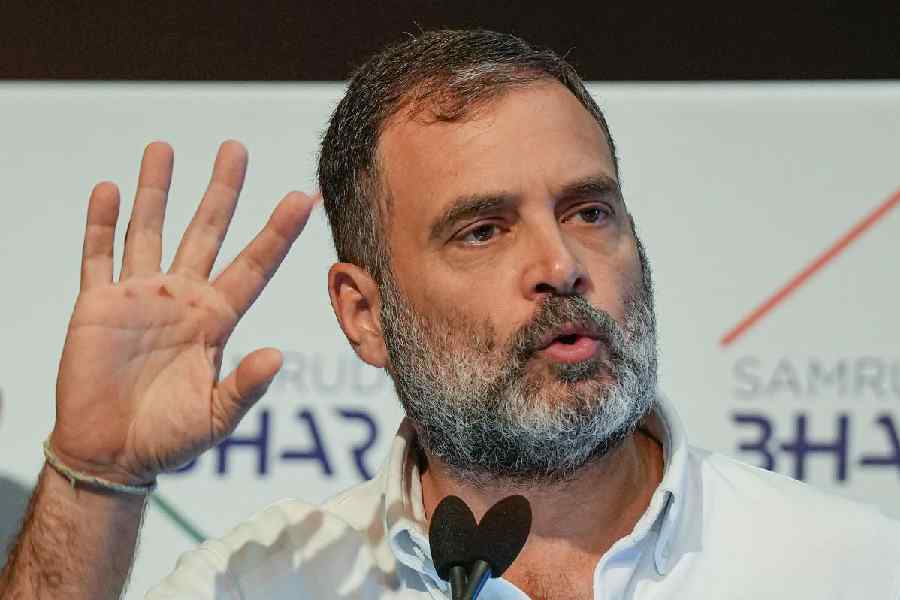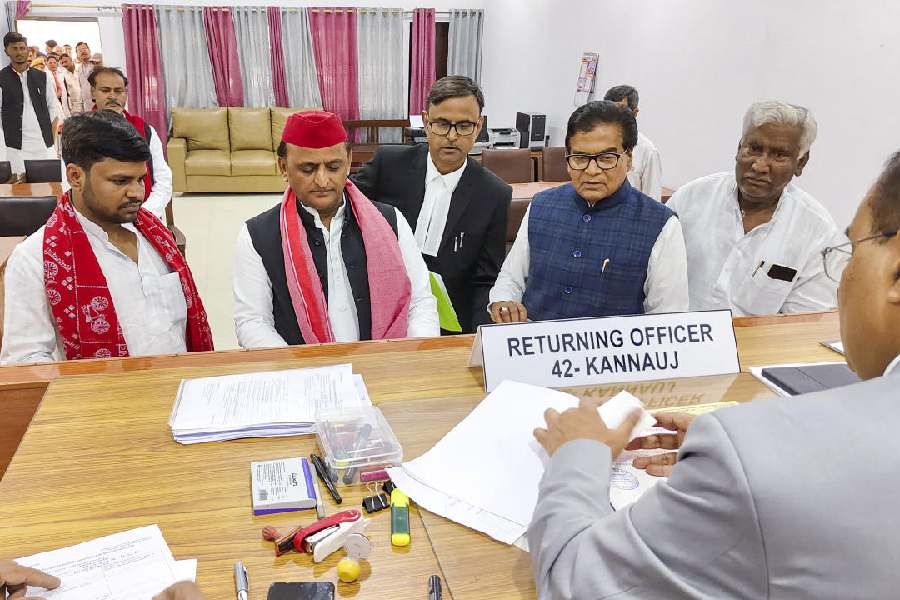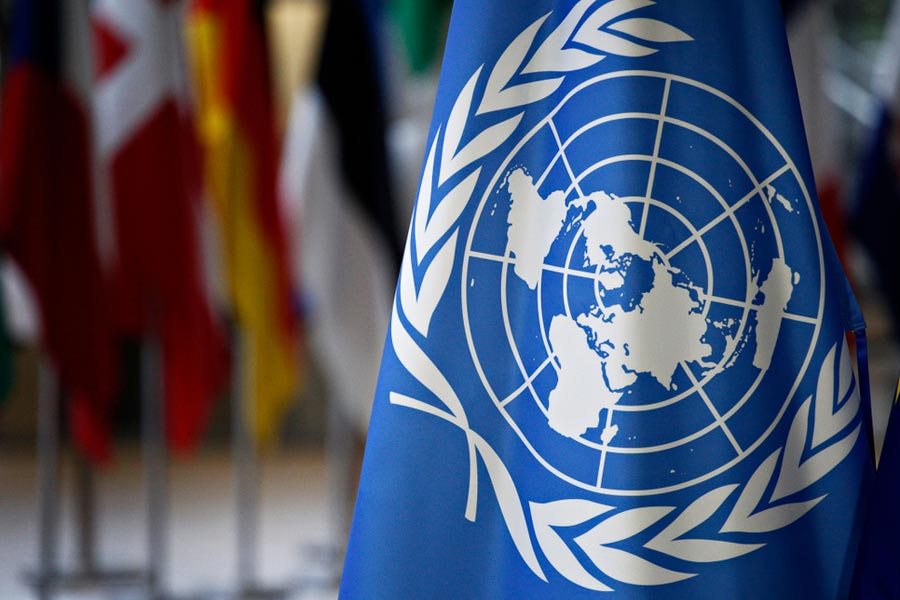The narrative of frosty ties between Mahatma Gandhi and Subhas Chandra Bose is largely exaggerated, Netaji’s great-nephew Sugata Bose said at Sabarmati Ashram on Friday.
Bose, Gardiner professor of oceanic history and affairs at Harvard University, said the idea of an undivided and secular India bound Netaji and Gandhiji. “Their relationship was marked by deep love, affection and mutual respect.”
The RSS and the BJP have long pitted Netaji and Vallabhbhai Patel against Jawaharlal Nehru and, according to some, Gandhi’s vision of India.
“The differences that arose between Gandhiji and Netaji at the 1939 Tripuri Congress session are also exaggerated,” Bose told his audience. “They had a difference of opinion in 1939, but again came close. Netaji was the first to call Gandhiji the ‘Father of the Nation’. Even after winning the 1939 election to become the Congress president, Netaji had said he wanted to win the trust of India’s greatest man. Gandhiji regarded Netaji’s patriotism to be unparalleled.”
Bose quoted from Gandhi’s writings to show how the Mahatma had praised Netaji for uniting people from different religions and instilling a new vision among the soldiers of the Indian National Army.
“It was a wonderful talk. Bose explained how Gandhiji and Netaji had more things in common than those separating them,” said Kartikeya Sarabhai, ashram trustee.
Bose described how Netaji had coined the term “cultural intimacy” in 1928.
“It is a step forward from cultural tolerance. When you are tolerant, you stop at accepting other communities. But cultural intimacy involves engagement between different communities and taking part in others’ festivals,” said Bose, author of His Majesty’s Opponent: Subhas Chandra Bose and India’s Struggle Against Empire.
The former Trinamul MP cited how, in the INA, Hindu and Muslim soldiers shared their tea.
Bose later said the visit was an “overwhelming experience” for him. “I was moved to see the love that Ahmedabad has for Netaji,” he said.










